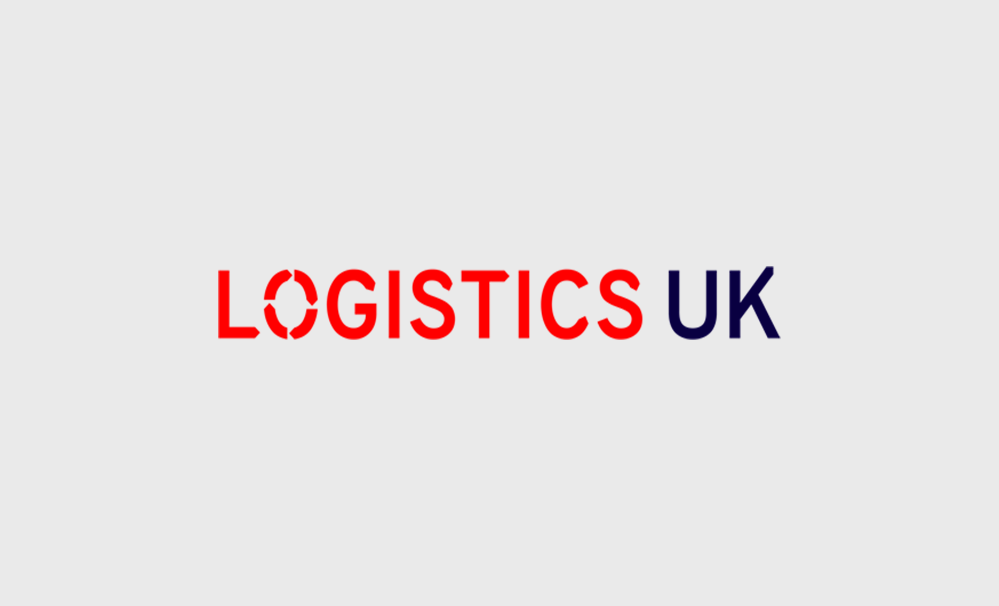Businesses in Britain involved in the import and export of goods with the European Union (EU) should not take the recent further ‘flextension’ to Brexit as an excuse to be lax about preparations, TheCustomsPeople.co.uk has warned.
With the latest extension having been granted by the EU for Brexit to be delayed until 31st January 2020, the UK remains in a state of uncertainty about Brexit, and the recent decision to call a general election on 12th December means that this is unlikely to change.
However, the UK’s leading independent customs expert David Miller, co-founder of The Customs People, has expressed concern that Brexit-weary businesses may push Brexit preparations until the last minute as a result of the additional three-month window of opportunity. Instead, David is urging people to consider the potential outcomes that could come about as a result of the additional 90 days.
The most likely is that by 31st January 2020, a withdrawal agreement is ratified by parliament and the UK leaves the EU. This would mean entering into a ‘transition period’ where all customs and VAT measures currently in place continue until the transition period ends. This would run until at least 31st December 2020, but likely longer while the UK and EU develop a Free Trade Agreement (FTA).
Businesses would then have at least until 2021 to plan for Brexit. Although under an FTA there should not be any duty on UK-EU trade, the administrative processes involved will change, therefore requiring some planning from those businesses engaged in this activity.
The second possibility David warned businesses to prepare for is the eventuality that the UK crashes out on 31st January 2020 without a deal. While parliament has legislated against this, it cannot be completely discounted – although it may seem unlikely.
David says: “The most sensible thing to do in the current uncertain climate would be to tackle all eventualities head on – this means preparing for a no-deal Brexit, no matter how unlikely it seems.”
British companies will need an Economic Operator Registration and Identification (EORI) number to move goods in and out of the EU after Brexit and the government estimates that approximately 250,000 British firms require them. However, just 71,000 registrations had been completed by mid-August, forcing the government to introduce auto-enrolment to ensure that companies were registered in time.
David says the best way to prepare for a no-deal scenario is to get an EORI number and apply for Transitional Simplified Procedures, a scheme introduced by the government earlier this year.
TSP is free and will allow goods to pass through customs more quickly when Brexit takes place, but it takes at least two weeks for the government to process applications, so businesses are advised to do so well ahead of the Brexit deadline.
David says that another eventuality to prepare for would be that Brexit is further delayed because neither of the above options are passed, or because the result of the general election provides a political result where a second referendum is held.
He added: “The additional 90-day period gives businesses a final chance to ensure they have solid plans in place for every possible outcome of 31st January 2020. It is vital that preparations are made to avoid being paralysed by costly delays.”







